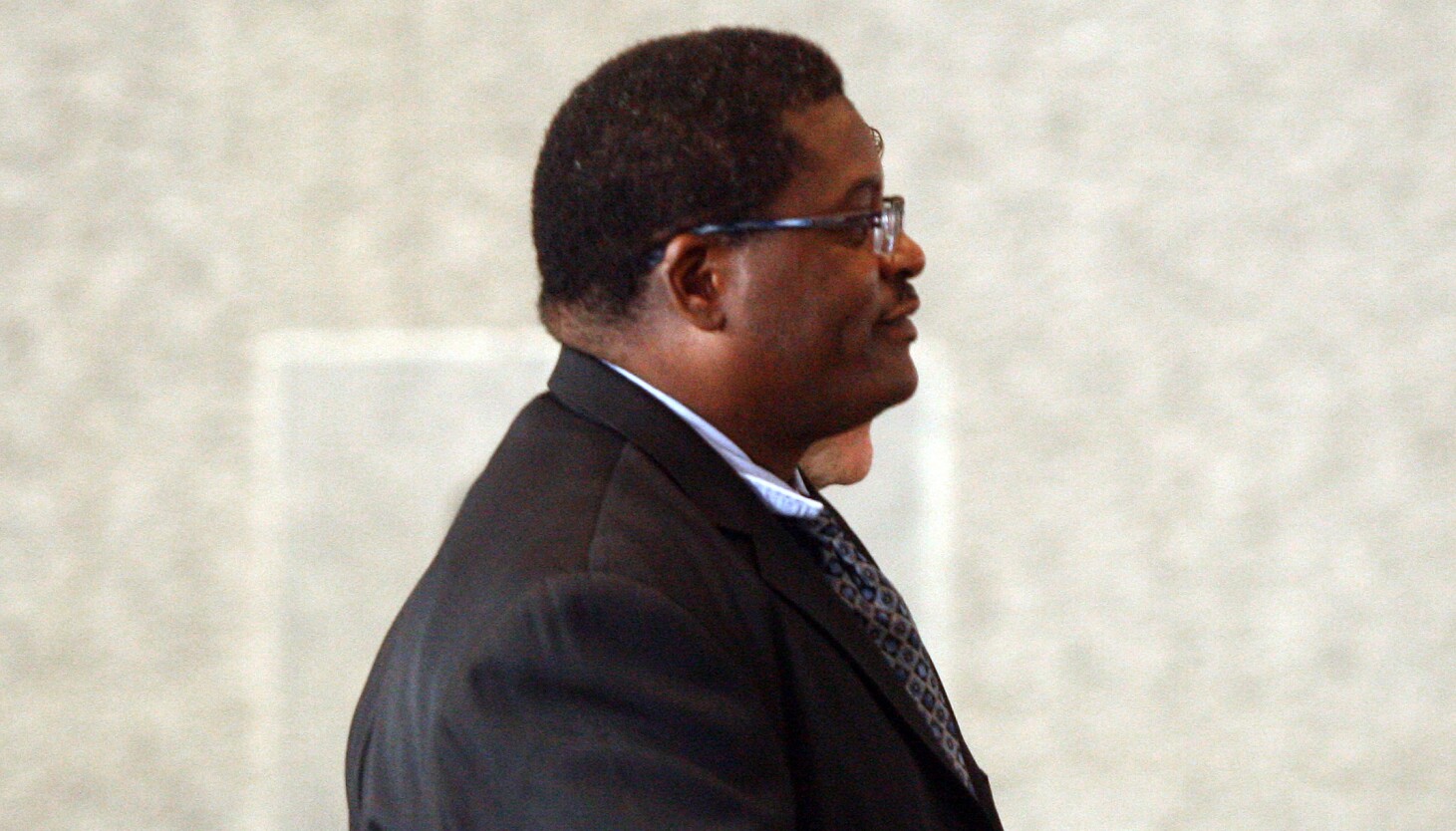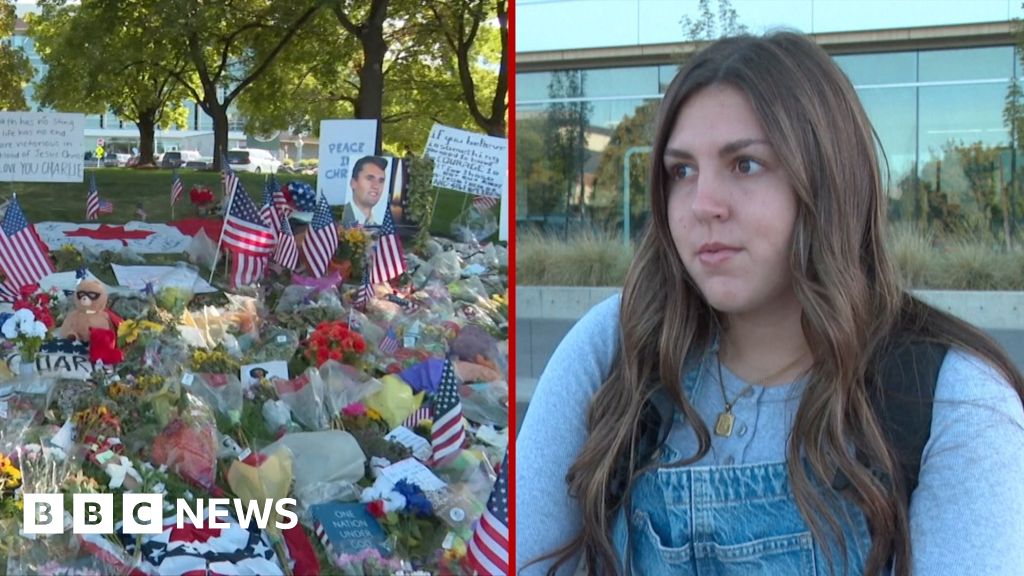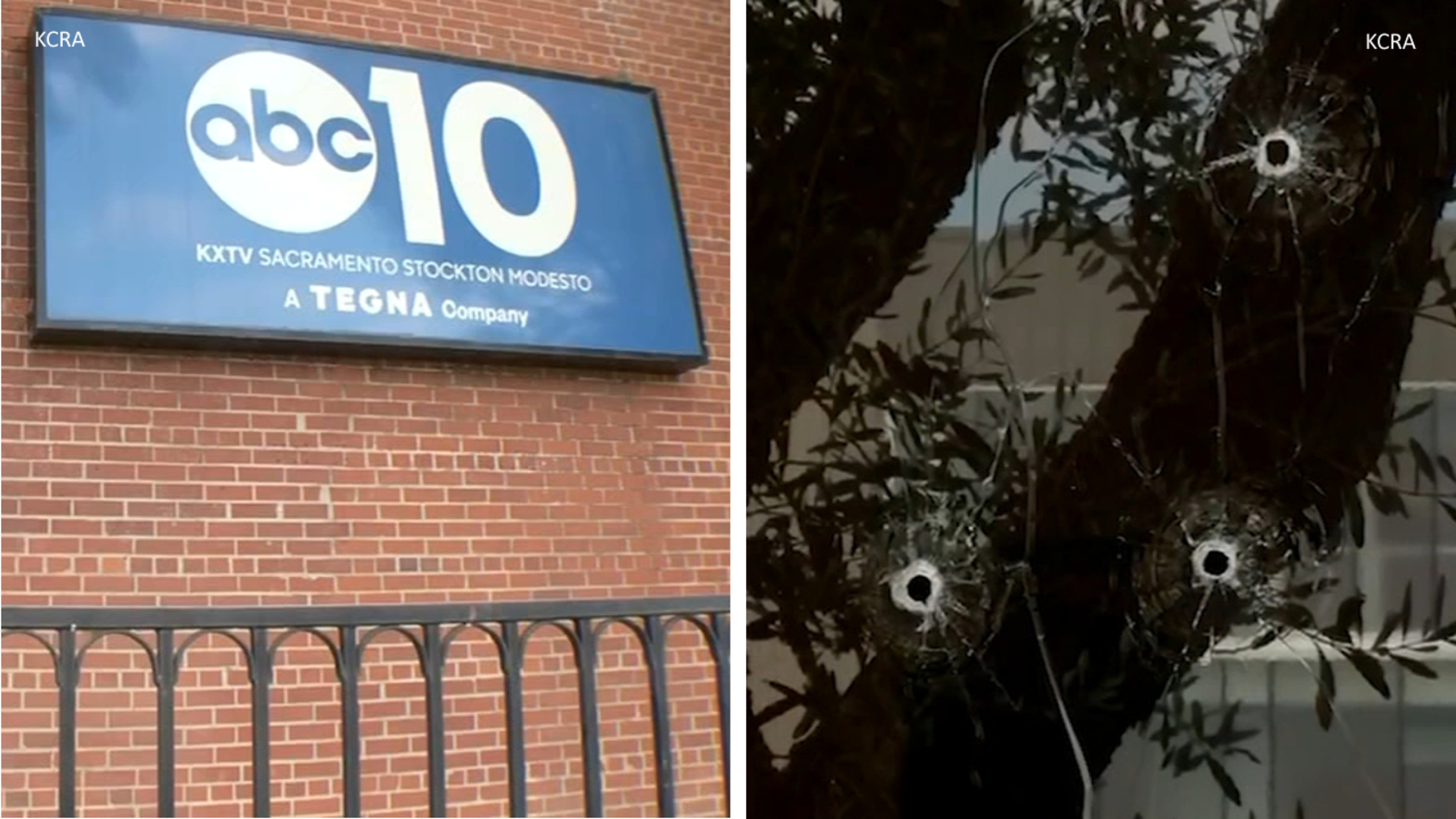
One of the most sordid chapters in the history of the Chicago Police Department came to an end on Thursday with City Council approval of a $90 million settlement for 176 shakedown victims — a resolution viewed by Council members as a relative bargain for taxpayers.
The settlement, approved unanimously, put to rest 180 lawsuits tied to one of the city’s most corrupt police officers, former Sgt. Ronald Watts, who was accused of framing hundreds of people on drug charges at the CHA’s Ida B. Wells housing complex. Individual victims will get anywhere from $150,000 to more than $3 million for a man who spent a decade in prison on a Watts case.
The cost of the groundbreaking settlement is a fraction of the $500 million that Corporation Counsel Mary Richardson-Lowry has said it could have cost to resolve those cases individually.
Budget Committee Chair Jason Ervin (28th) told his colleagues during the Law Department’s mid-year budget hearing that the settlement “puts a rather sordid history behind us with respect to what happened to those young men at Ida B. Wells and Stateway Gardens” without continuing “down the path of outside counsel.”
Ald. Gilbert Villegas (36th) told Richardson-Lowry that he was “very surprised and very happy to see what the number is.”
“Given the history of those settlements and the trend it was going, that’s a huge win. I’m rooting for your department to do more of that,” Villegas told Richardson-Lowry.
Watts was accused of framing hundreds of people on drug charges from 2003 to 2008 while he ran a tactical unit in the now-demolished Ida B. Wells public housing complex on the South Side. Former Cook County State’s Attorney Kim Foxx tossed out more than 200 drug convictions involving Watts.
Allegations that Watts and his team were extorting money from drug dealers — and falsely arresting people who would not cooperate — led to investigations spanning more than eight years, according to a report by the Civilian Office of Police Accountability, a city agency that investigates officer misconduct.
The case broke in November 2011 when Watts and fellow officer Kallatt Mohammed stole $5,200 from a homeless person who had convinced Watts he would be transporting cash for drug traffickers that day.
The drug courier was actually a federal informant. Watts and Mohammed were arrested in February 2012. They later pleaded guilty to corruption charges and served sentences of 22 and 18 months, respectively.
Cook County judges have vacated at least 234 Watts-tied felony convictions since 2016. Nearly all of the 190 exonerees sued for damages in federal court. The city has already settled with at least nine of them for $11.8 million, according to Law Department records.
Richardson-Lowry has vowed to “take what we’ve learned” from the settlement and use it to resolve other massive liability cases.
“I’d love to say this is the end of the journey. It is not,” Richardson-Lowry told the Council’s Finance Committee earlier this month. “There will be a next chapter. Sadly, we have other scenarios we have to solve for.”
Questioned more closely during a recent mid-year budget hearing, Richardson-Lowry said the number of cases still pending tied to former Detective Reynaldo Guevara are “in the 40’s,” while only three cases remain from the torturous rein of Jon Burge and his midnight crew of Area 2 detectives.
“We probably have a hundred cases of note, but no one as prolific, as you probably know intimately, as the Watts cases,” the corporation counsel said.
Alderpersons have been told the Johnson administration plans to use a line of credit retired by “general funds,” and that the mayor’s finance team has “various options” to retire that debt.
But they won’t know the precise financing plan until Johnson unveils his proposed 2026 budget in mid-October.
Downtown Ald. Bill Conway (34th) has argued that Watts and Mohammed have already been convicted of extortion, leaving the city without a legal leg to stand on and saddled with a massive “liability overhang.”
“Even if we have to borrow money, this is something that is worth doing for the fiscal health of the city,” said Conway, a former Cook County prosecutor who closely scrutinizes settlements tied to allegations of police wrongdoing. “I’m so confident that this is a financial win for the city that however we have to pay for it is worth it.”
Mayor Brandon Johnson has referred to the global settlement as a form of reparations.
“Back in the summer of 2023, I sat with the mayor, talked about some of the challenges that I saw and he supported doing forward with taking a new, revised approach for purposes of settlements of this nature,” said Richardson-Lowry.



